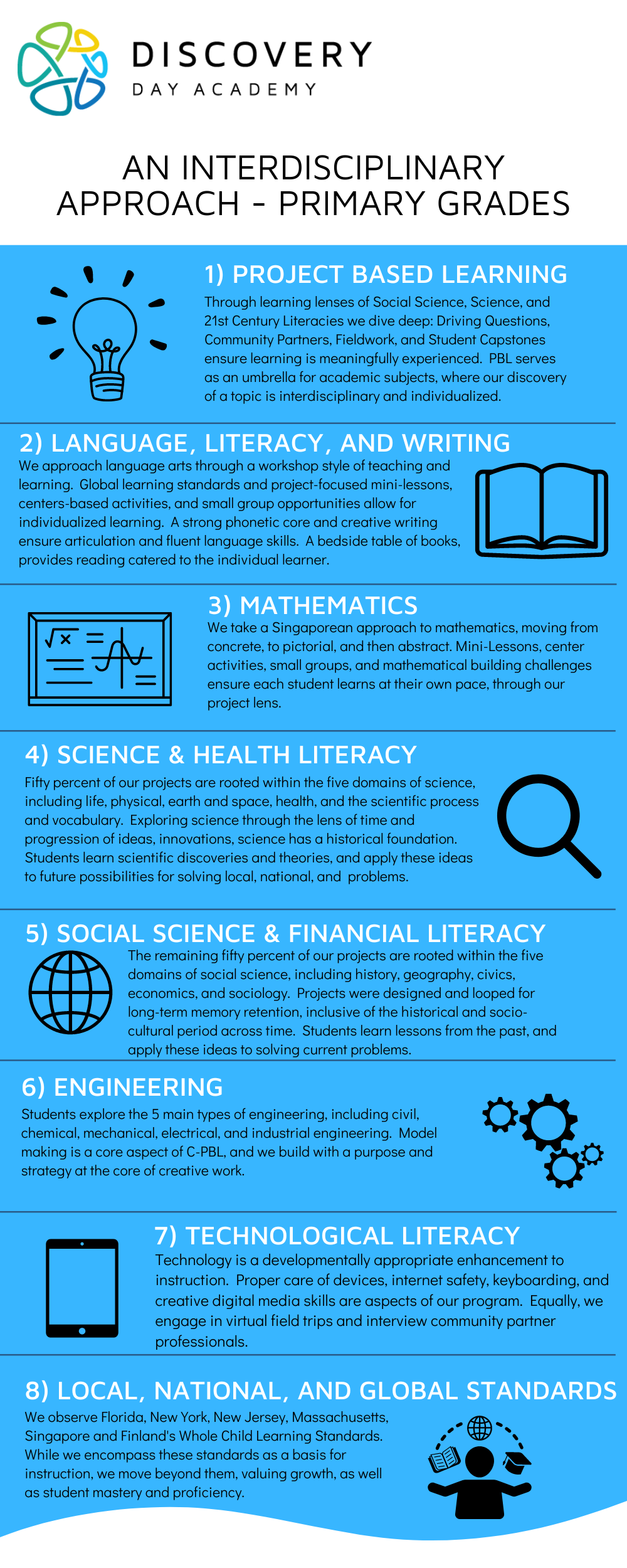Academics
Cognitive Project Based Learning (C-PBL)
Curriculum Design is Both an Art and a Science
Our Philosophy

At the core of Project Based Learning – is the philosophy to teach “an inch wide and a mile deep.” Our students engage in meaningful learning through project work.
At our campuses in Bonita Springs and Clewiston, Florida, children are exposed to the learning process in a stimulating environment that fosters deep knowledge, critical thinking, creativity, collaboration, and communication – resulting in the ability to transfer knowledge and solve problems.
Sensory provisioned classrooms immerse students in each project, one of the many ways we pique student curiosity. Community partnerships, driving questions, qualitative and quantitative research and data collection, and student capstone work are a few aspects of our learning approach
Early Learning School
Our youngest students are innate problem solvers. Therefore, our Early Learning School encompasses toddler and Pre-K programs that encourage children’s natural curiosity, within a caring and supportive environment. A hands-on approach allows our teachers to model and coach children through the learning process. We spark the imagination to develop a passion for learning, in an environment that allows for student discovery. Children are provided meaningful learning experiences within an environment of purposeful-play

Primary School
Our primary school includes programs for students in K through 7th grades, foundational years for early brain and learning disposition development. Cognitive Project Based Learning (C-PBL), is based upon an authentic question, in correlation with a community partner, and learning through lenses of purposeful play. This approach ensures that learning is deep and meaningful, with a focus on the application of knowledge. As an inquiry-based learning environment, all lessons begin with a driving question. Students ask further questions, hypothesize, conduct experiments, engage in research, document findings, revisit ideas, and complete individual capstones of their choosing. Each child’s contributions are highlighted in an environment that shares their work through exploring communication skills and constructivism.





